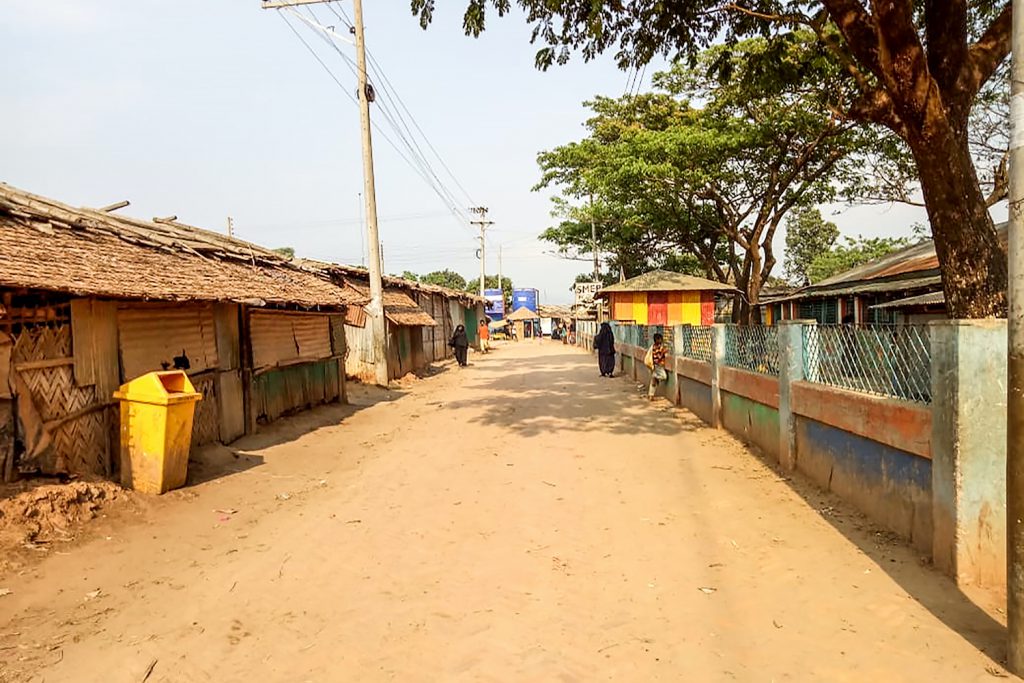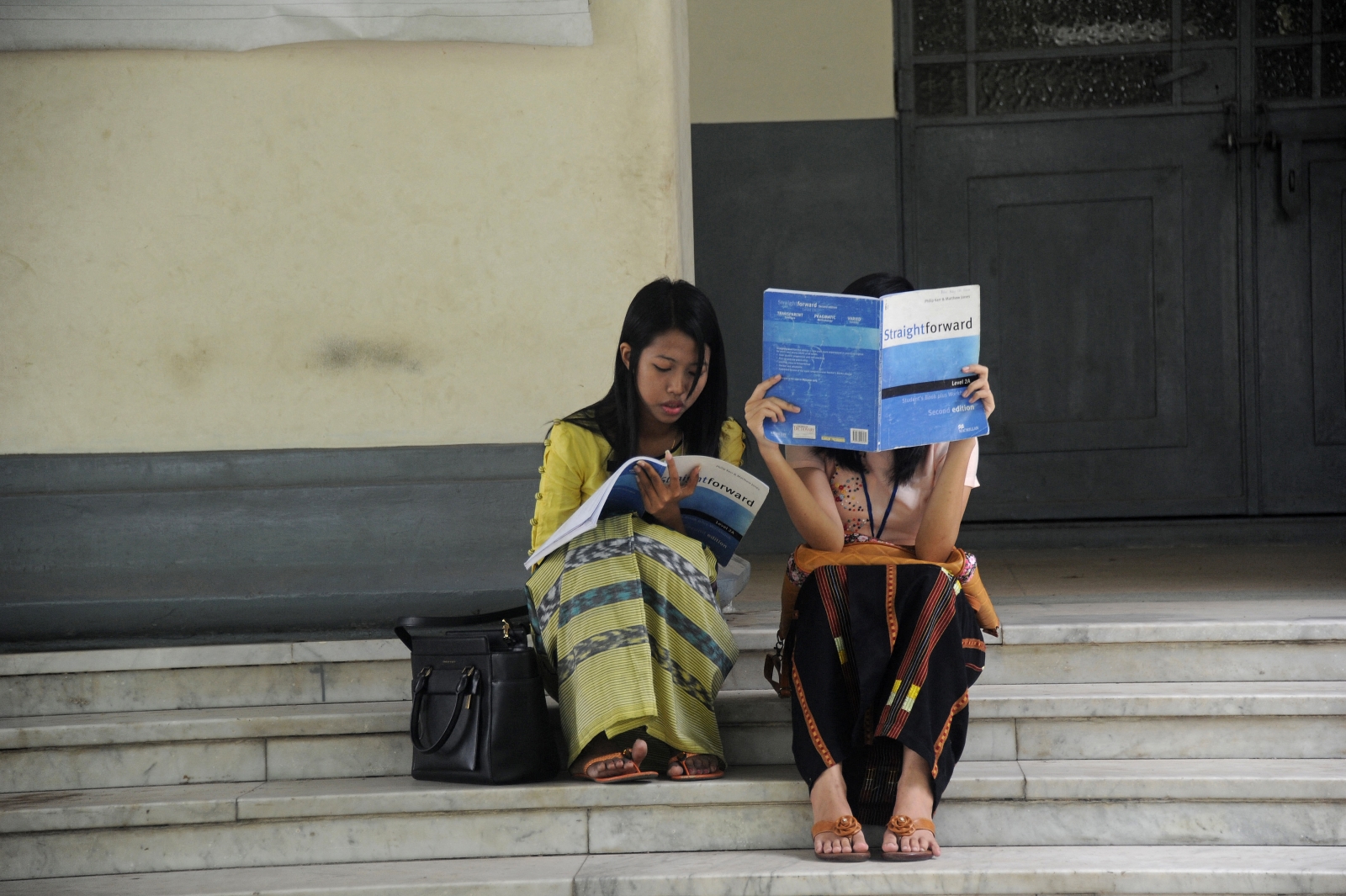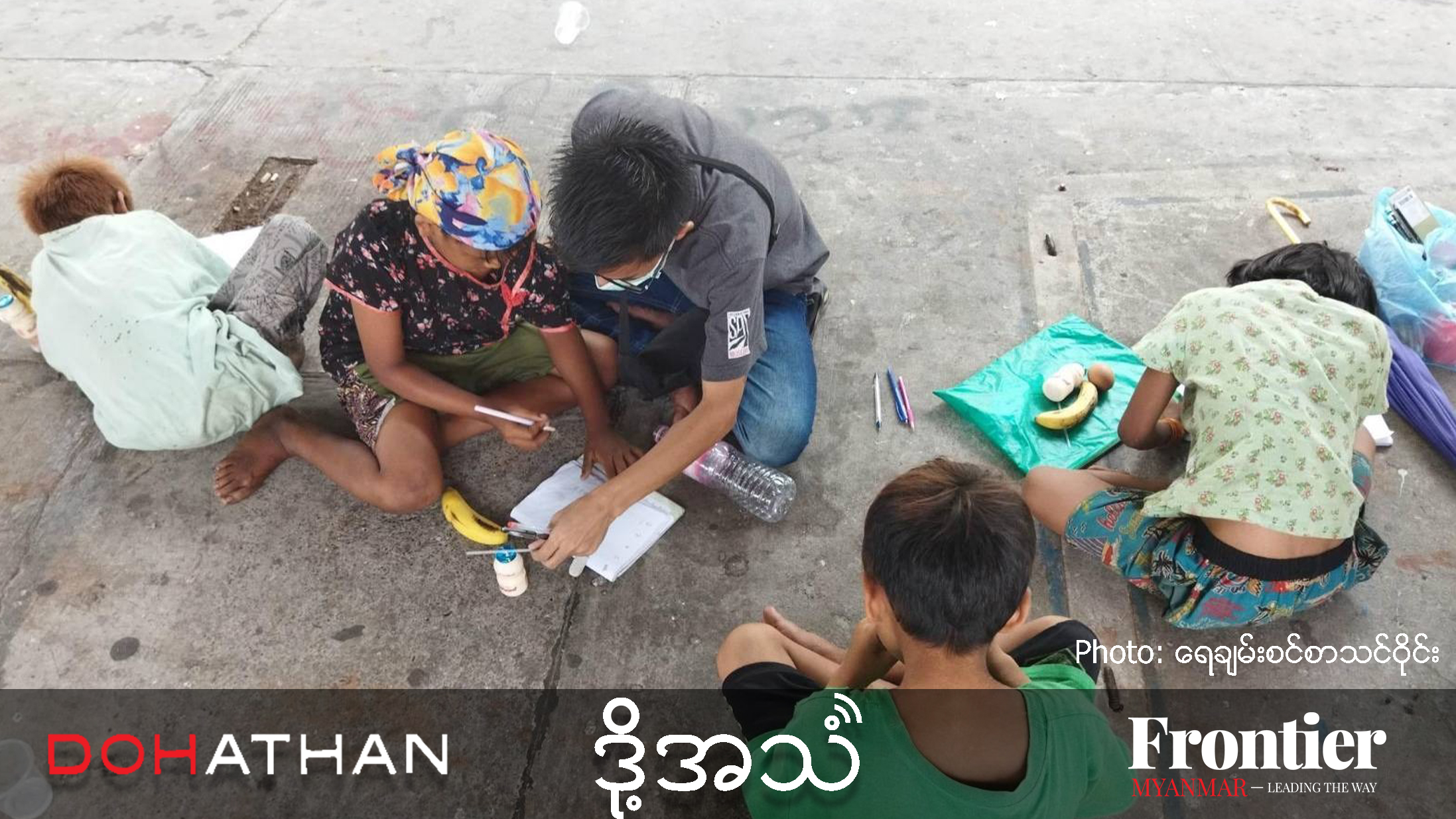The internet blackout that Bangladesh has imposed on a million Rohingya refugees since last September has made life difficult, but with COVID-19 detected close to the camps, it could soon prove deadly.
By SAWYEDDOLLAH | FRONTIER
IN MYANMAR I didn’t have the chance to study after Grade 10. Despite this, today I can proudly say that I have gained enough education to be able write down my feelings in English.
This is not because I have attended a university or gone to a proper school since fleeing Myanmar for Bangladesh in September 2017. It is all because of the internet: I am a student of “Google University”, thanks to the mobile internet access I was able to enjoy for two years.
Unfortunately, though, I’ve been suspended from Google University since September 2019, when the government of Bangladesh closed down mobile internet in the camps. This decision, apparently taken for security reasons, has effectively cut me and other Rohingya refugees off from all of the knowledge and learning resources that we had just begun to discover and make use of.
When the restrictions were first imposed, I felt like I had lost the first proper chance in my life to develop my future. Cut off from the world, I felt isolated and lonely; unable to read the news, I felt uninformed.
At first, we adapted. For example, we met people face-to-face to share information, instead of connecting online. It was a little more difficult, but it was nothing compared to our arduous life in Myanmar.
We thought to ourselves: it’s not our country, so how can we complain about not having the internet? We can never express enough gratitude to Bangladesh for allowing us to stay.
But since COVID-19 began to spread around the world in January and February, the potential impact of the internet blackout has grown more serious.
At a time when the coronavirus is already present in Bangladesh, including near the refugee camps in Cox’s Bazar, depriving one million or more Rohingya refugees of the internet also means depriving us of life-saving information.
Most Rohingya don’t know much about the coronavirus yet. I believe that they, like everyone else, should have access to daily updates about the pandemic. Having the latest information will help them to stay safe and also help to prevent panic.
If the virus arrives in the camps, we will no longer be able to communicate with each other because it won’t be safe to go door to door, like we have to do now to share information. The internet is the only thing that can help us get up-to-date and correct information about the coronavirus without increasing the risk of it spreading amongst us.
If the Bangladesh government leaves us disconnected not only from the outside world but also from one another, it is increasing the risks of a deadly outbreak in the Rohingya refugee camps. In such cramped conditions, with so many people who are vulnerable, the potential impact is terrifying.
Please, Bangladesh, listen to our voices. Now is the time to lift the internet ban. It could save our lives.







